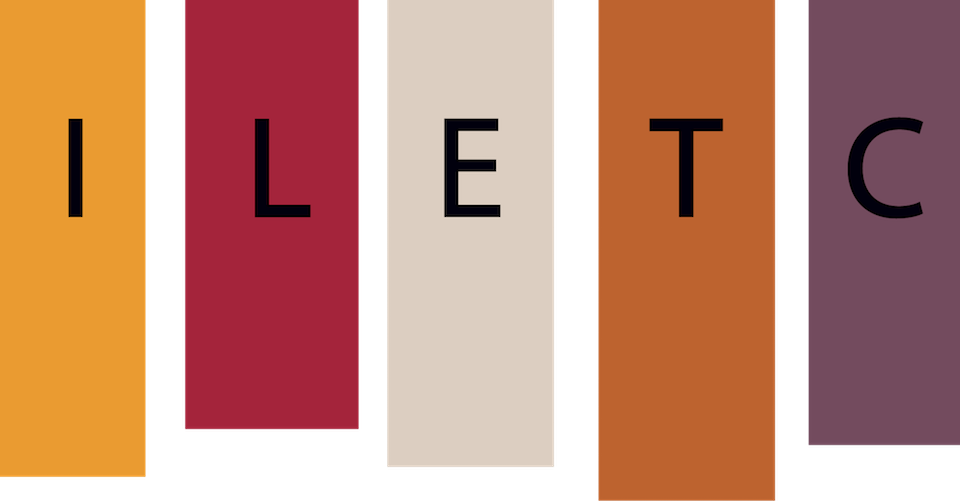Contents
Modules
- Encountering/Representing the Self
- Family and Migration
- Access to Higher Education
- Urban Latinx Communities
- Print Media and Latinx Communities
Materials for Modules
Many of the materials listed in the modules are specific to one of the cities participating in the pilots. The historical, regional, and political contexts in which your institution situates itself should help dictate what materials are most meaningful to your students and your class. Regardless of which materials are used, it is important that students have access to visual or audiovisual materials that provide meaningful input and help prepare them for the activities.
Proficiency Level(s) and Language Use
The modules were initially designed and piloted for Spanish heritage language learners in the Intermediate High to Advanced High proficiency range (ACTFL proficiency scale, 2012). However, modifications can be made to adapt them for a variety of proficiency levels. The materials are in English, Spanish, or in both languages. Activities can be conducted in Spanish or English depending on the proficiency level of learners and the specific goal(s) of the activity.
Guidance for Creating and Evaluating Writing Assignments
Additional guidance on how to create effective writing assignments can be found here.
Student Reflections: Conventions, Formatting, and Spell-Check
Some website creation tools do not check Spanish spelling. Students may be instructed to write their blog posts, replies, or reflections in a Word document using a Spanish spell-checker, then cut and paste their text to the website.
Group Work
Some activities in this course are planned for small groups (3-4 students). Instructors should match up a small group from one school with a small group from the other school. These groups may change during the semester so students have a chance to work with different peers.
Learning Objectives
The activities were developed to support the following learning objectives:
GENERAL EDUCATION
INTERCULTURAL LEARNING
COGNITIVE AND LINGUISTIC
TECHNOLOGY USE FOR LEARNING
Write, read, listen and speak clearly and effectively
Use analytical reasoning skills
Use information management and technology skills effectively for academic research and lifelong learning
Integrate knowledge and skills across disciplines
Differentiate and make informed decisions about issues based on cultural and political value systems
Work collaboratively in diverse groups directed at accomplishing learning objectives
Identify and compare specific urban spaces in cities that have been impacted by and continue to be impacted by migratory movements from Spanish-speaking countries
Understand the intercultural dynamics that the Latinx presence adds to the urban fabric and cultural diversity of cities at various levels: individual, communal, cultural, and governmental
Read and listen critically and analytically, including identifying and evaluating major assumptions and assertions of an argument
Write clearly and persuasively in varied academic formats and across a variety of contexts, purposes, audiences, and media
Develop skills to critique and improve one’s own and others’ texts
Become aware of dialectal and register differences in Spanish, as well as the social consequences of their use
Develop the ability to use formal and informal registers in Spanish according to context and choice
Create original works as a means of personal or group expressions
Interact, collaborate, and publish with peers, employing a variety of digital environments and media
Demonstrate research skills using appropriate technology, including gathering, evaluating, and synthesizing primary and secondary sources
Understand and use web applications



